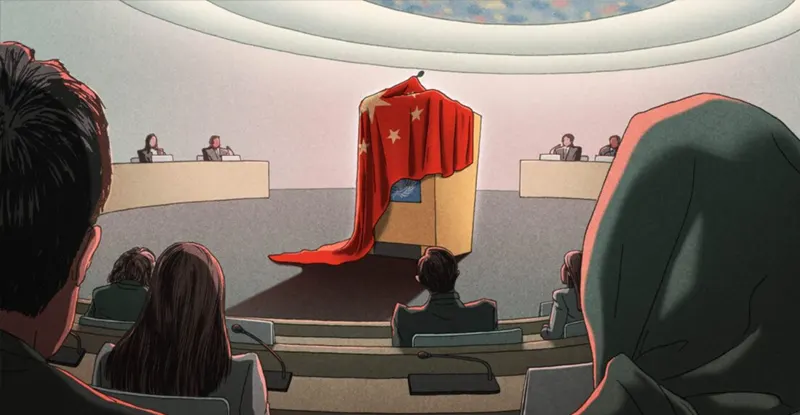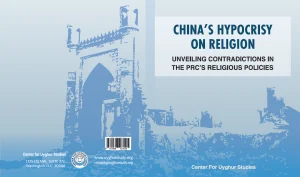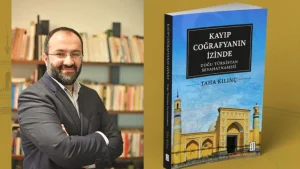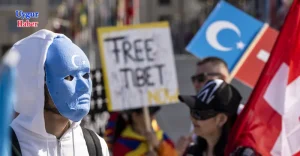China uses fake NGOs and cyberattacks to silence dissent at the UN and abroad, targeting Uyghur activists.
On April 28, the International Consortium of Investigative Journalists, along with Der Spiegel, The Irish Times, Washington Post, Radio France International and others exposed how China uses fake NGOs—so-called GONGOs—to manipulate United Nations human rights mechanisms.
These groups, closely linked to the Chinese state, pose as civil society but work to crowd out real NGOs, monitor activists, and defend China’s record on East Turkistan, Tibet, and Hong Kong.
Zumretay Arkın, Vice President of the World Uyghur Congress, and Erkin Zunun, Vice Chair of the WUC Executive Committee, described how WUC members were targeted with surveillance and intimidation during official UN proceedings, especially around the organisation’s 8th General Assembly.
The wider investigation, titled Inside China’s Machinery of Repression, is based on interviews with over 100 victims across 23 countries and internal government documents. It shows how China’s transnational repression strategy extends far beyond Geneva.
The Chinese state is harassing Uyghurs, Tibetans, and pro-democracy activists living in Germany. German authorities are aware of the death threats, cyberattacks, and coercion, but victims say protection is insufficient.
In Germany, dissidents face cyberattacks, intimidation, and coercion. Erkin Zunun was targeted by sophisticated hacking campaigns from Chinese state-backed groups attempting to breach his personal and professional accounts. The hackers also sent him Trojan-infected links containing malware—just one example of how far the Chinese state is willing to go to suppress dissent.
This two-pronged strategy—manipulating international institutions while targeting individuals abroad—demonstrates China’s determination to control the narrative and silence any critical voices, regardless of borders. The blend of institutional interference, fake civil society presence, and aggressive digital tactics reveals a global campaign that threatens not just individual safety, but also the credibility of international human rights systems.






Be First to Comment